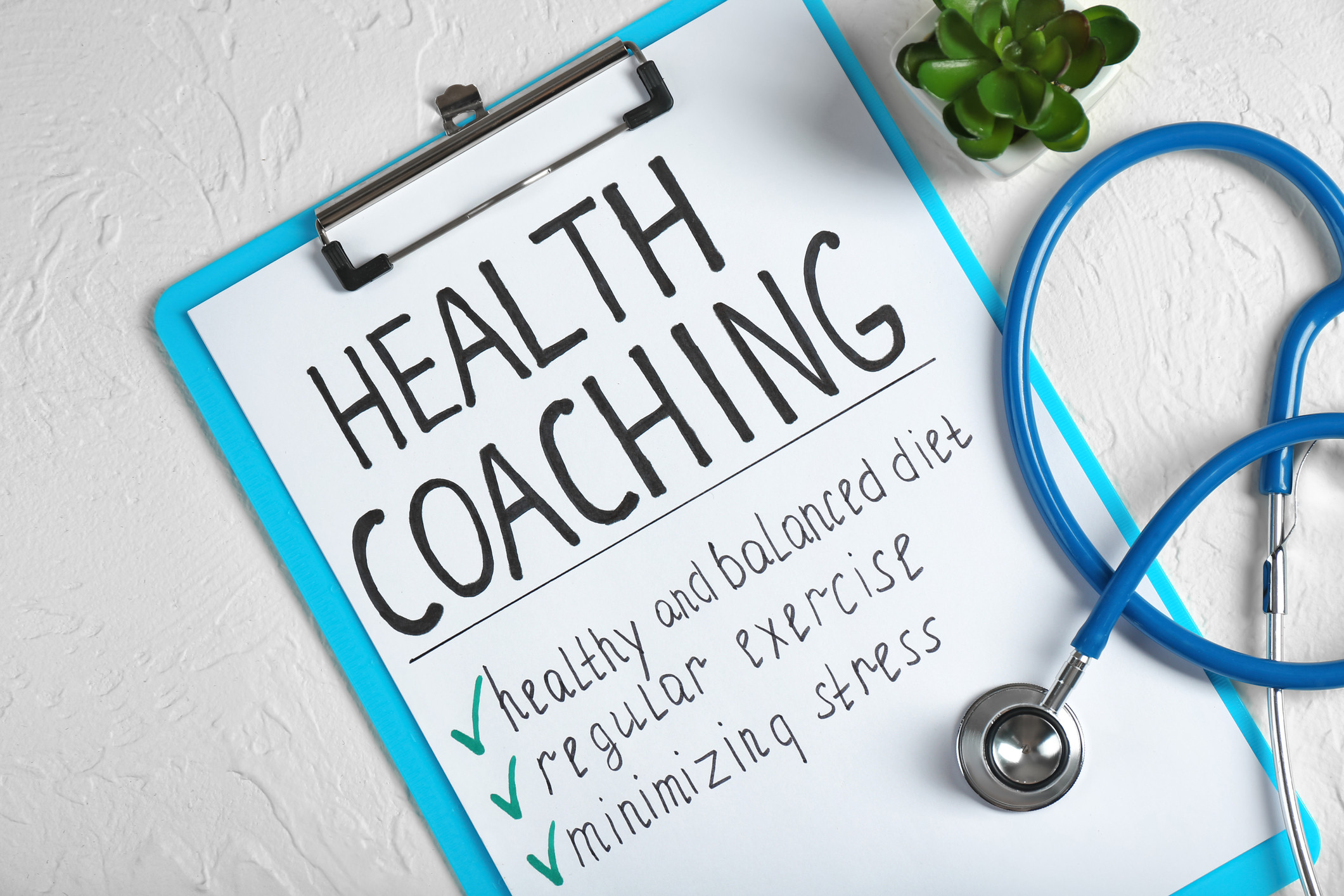
5 timeless habits for better health

What are the symptoms of prostate cancer?

Is your breakfast cereal healthy?

When pain signals an emergency: Symptoms you should never ignore

Does exercise give you energy?

Acupuncture for pain relief: How it works and what to expect

How to avoid jet lag: Tips for staying alert when you travel

Biofeedback therapy: How it works and how it can help relieve pain

Best vitamins and minerals for energy

Should you take probiotics with antibiotics?
Stress Archive
Articles
Easing stress and seeking normalcy in traumatic times
Traumatic events, whether global or in a person’s own life, can take a toll on mental health. How can you reduce your stress and regain your emotional composure after going through a difficult time?
Building strength before surgery may ease recovery
Prehabilitation aims to increase your strength and health before, not after, a medical procedure.
Rehabilitation can help get you up on your feet again after surgery or a physical setback. But some surgeons are increasingly turning to an innovative approach called prehabilitation in hopes of easing that recovery in the first place.
Prehabilitation, commonly called prehab, is an individualized medical program designed to help people — often those who are older or frail — better withstand and bounce back from an anticipated physically stressful event, such as surgery, says Dr. Julie K. Silver, an associate professor and associate chair of the Department of Physical Medicine and Rehabilitation at Harvard Medical School.
Surviving tumultuous times
Reduce your stress levels and maintain a sense of normalcy during and after traumatic events.
For most Americans, 2020 has already been a rough year — and it's not even half over. A pandemic, natural disasters, economic decline, and, for many, the loss of a job have taken a toll on their mental health.
"Stress is particularly acute when you're experiencing a situation that is outside of your control," says Dr. Kerry Ressler, professor of psychiatry at Harvard Medical School. "You may feel stuck, frozen, or helpless." After a traumatic period, even when things settle down, it can be difficult to move on and regain a sense of normalcy.
Prepare for prehab
What you do before procedures can help get the best results.
If you're planning a complex medical procedure or surgery, you'll hear a lot about the steps you'll need to take afterward to speed up recovery and reduce complications. But it's equally important to focus on your health beforehand, too.
"Preparing both your body and mind before an invasive medical procedure can help you better manage and overcome the many stresses you encounter," says Dr. Julie Silver, associate chair for the department of Physical Medicine and Rehabilitation at Harvard Medical School. "If you are healthier and stronger going in, you have a much higher chance of avoiding setbacks."
Can hot baths protect your heart?
News briefs
Taking a warm bath helps soothe aching joints, wash away stress, and promote sleep. Now, a study published online March 24, 2020, by the journal Heart suggests that daily hot baths are also associated with better heart health. Researchers analyzed self-reported health and lifestyle information from more than 30,000 middle-aged people in Japan. Participants responded to a questionnaire at the start of the study and were then followed for about 20 years. Compared with people who didn't take a tub bath more than twice a week, people who took a daily warm or hot bath had a 28% lower risk of cardiovascular disease and a 26% lower risk of stroke. The study is only observational and doesn't prove that daily tub bathing staves off heart problems. But previous research has shown that the effects of tub bathing on the body are similar to those of exercise. Use caution, however: taking baths in very hot water is also tied to sudden death due to overheating, confusion, or drowning. If you're going to take a bath, keep the temperature comfortable and don't risk overheating. Finally, this study says nothing about the possible cardiovascular benefits of hot showers.
Image: © JohnnyGreig/Getty Images
Can forest therapy enhance health and well-being?
When you were a child and your mother told you to go play outside, it wasn’t just because she needed some child-free time. Inspired by a Japanese practice, forest therapy is an immersion in nature that has been shown to have positive effects on health.
Collaborative care: Treating mental illnesses in primary care
Collaborative care is a team-based model of integrated psychiatric and primary care that can treat mental illnesses in the primary care setting. Providing this patient-centered care in the primary care setting improves access to mental health care and reduces stigma.
5 ways to prevent a heart attack
These are the most effective ways to protect yourself.
Here are some alarming statistics about heart attacks:
- Every 40 seconds, someone in the United States has a heart attack.
- Every year, about 805,000 Americans have heart attacks, 75% of which are first-time attacks.
- The average age of a first heart attack among men: 65.
However, the most troubling fact about heart attacks is that many people don't take steps to protect themselves, says Dr. Deepak L. Bhatt, executive director of interventional cardiovascular programs at Harvard-affiliated Brigham and Women's Hospital Heart & Vascular Center. "Reducing your risk of cardiovascular disease is the best way to guard against heart attacks," he says. "There are simple ways to do this, but unfortunately, many people still don't follow them as they should."
Here's a look at five ways you can protect yourself from cardiovascular disease, and thus possible heart attacks, and avoid being another statistic.
7 common causes of forgetfulness
Memory slips are aggravating, frustrating, and sometimes worrisome. When they happen more than they should, they can trigger fears of looming dementia or Alzheimer’s disease. But there are some treatable causes of forgetfulness.
Health coaching is effective. Should you try it?
The growing field of health and wellness coaching uses motivational techniques and positive psychology to offer people individualized support as they work to achieve their health goals.

5 timeless habits for better health

What are the symptoms of prostate cancer?

Is your breakfast cereal healthy?

When pain signals an emergency: Symptoms you should never ignore

Does exercise give you energy?

Acupuncture for pain relief: How it works and what to expect

How to avoid jet lag: Tips for staying alert when you travel

Biofeedback therapy: How it works and how it can help relieve pain

Best vitamins and minerals for energy

Should you take probiotics with antibiotics?
Free Healthbeat Signup
Get the latest in health news delivered to your inbox!
Sign Up











